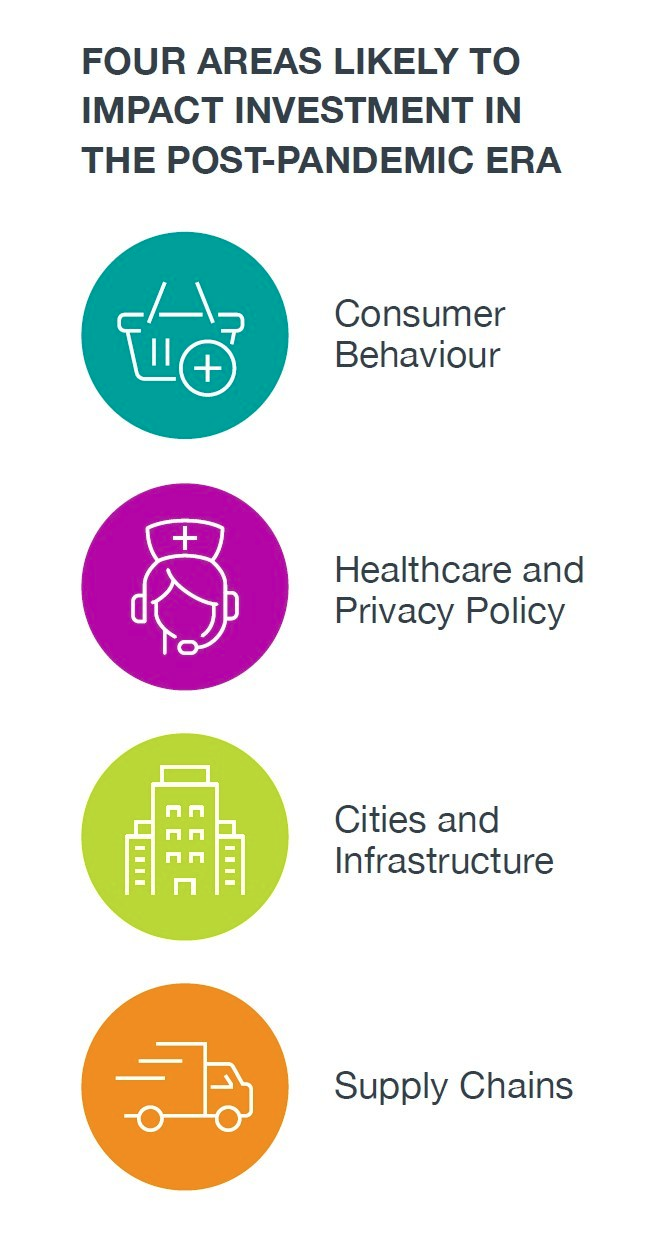Canada's largest pension fund says that some key elements will see "radical changes" resulting from the coronavirus crisis

We’re all craving a return to the lives we had before the coronavirus upended everything, but we also know that things are never going to be the same again.
The way that we have been forced to live our lives in 2020 will include some permanent changes and many of the elements that make up the much-speculated-about ‘new normal’ will impact the investment industry, either directly or indirectly.
A new report from Canada’s largest pension fund identifies four habits and perspectives that will likely change investment portfolios in the post-pandemic era.
Thinking Ahead, the thought leadership lab at the Canada Pension Plan Investment Board (CPP Investments) says that consumer behaviour is a major change with a greater adoption of ecommerce among older consumers.
Not that physical stores are dead with younger consumers keen to head back to malls, albeit to a smaller selection of shops.
These shifts in shopping habits will affect both retailers and mall owners, although this is mainly seen in North America and Europe while Asian consumers are moving towards offline stores.
This year’s focus on health has accelerated a change in how we access healthcare services.
The report calls for greater use of telehealth services, offering consumers the ability to access healthcare remotely. The main concern here, is privacy with consumers wary of providing their personal information online.
Our changing cities
The pandemic has also highlighted the disadvantages of living in densely populated cities and towns.
We may see more people choosing to move from crowded urban centres and a desire to avoid mass transit in favour of solo mobility options such as walking, cycling, and driving.
The increase of remote working will also exacerbate this change in living requirements as more companies enable employees to stay at home for at least part of their working week.
The final notable change identified by the report is in supply chains where resilience is the key focus. Companies are reassessing how and where they build and source products.
Global supply chains are set to become more complex, the report says, as geopolitical tension drives diversification to mitigate disruptions.




